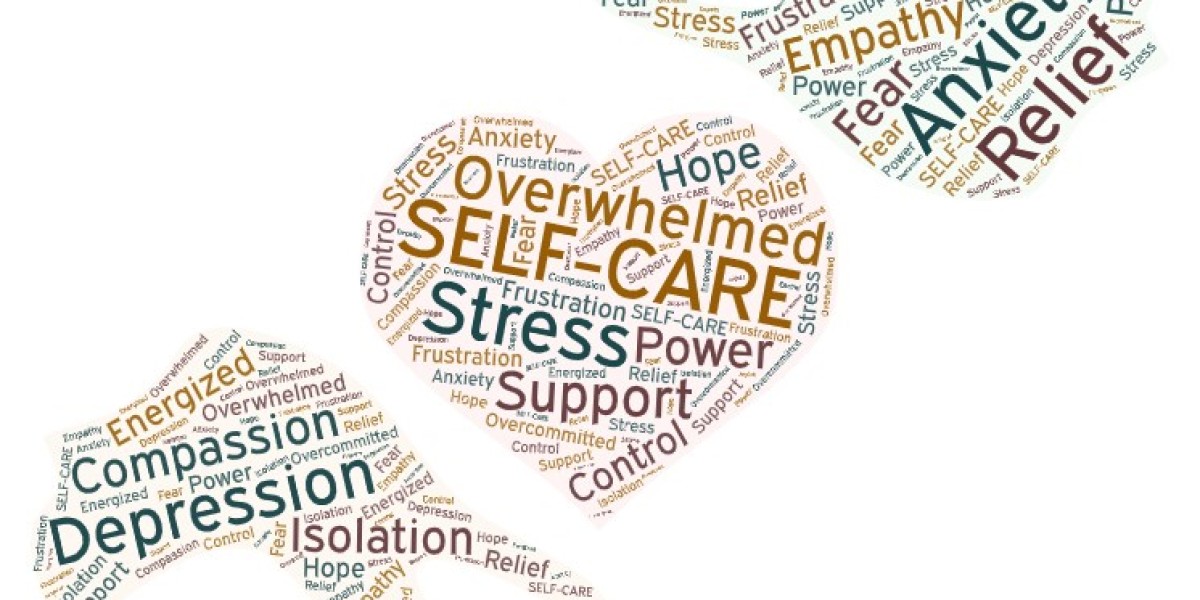Mental health is as vital as physical health, and recognizing when to seek guidance from a mental health specialist is essential for overall well-being. This guide sheds light on the signs and situations that indicate it's time to reach out to a mental health professional for support and treatment.
1. Persistent or Intense Symptoms
When symptoms of mental distress, such as anxiety, depression, or mood swings, persist over an extended period or become increasingly intense, it's a sign that professional help may be needed.
2. Interference with Daily Life
If mental health symptoms are significantly interfering with daily life, affecting work, relationships, and personal well-being, it's time to seek guidance from a mental health specialist.
3. Thoughts of Self-Harm or Suicide
Any thoughts of self-harm or suicide should be taken extremely seriously and necessitate immediate professional intervention.
4. Difficulty Coping with Major Life Changes
Major life changes, such as loss, trauma, or significant stress, can be incredibly challenging to navigate alone. Seeking professional guidance during such times can be immensely beneficial.
5. Substance Abuse or Addiction
Substance abuse or addiction often goes hand in hand with mental health challenges. Seeking help from a mental health specialist is crucial to address the underlying issues.
6. Frequent Panic Attacks or Severe Anxiety
Frequent or severe panic attacks, as well as debilitating anxiety, can greatly benefit from the expertise of a mental health specialist.
7. Inability to Manage Emotions or Coping Mechanisms
If individuals find themselves unable to manage their emotions or are using unhealthy coping mechanisms, it's a sign that professional support is needed.
8. Relationship Struggles
Relationship issues can be emotionally taxing. Seeking the help of a therapist or counselor can provide valuable guidance for resolving conflicts and improving communication.
9. Family History of Mental Health Issues
A family history of mental health issues can increase an individual's risk of experiencing similar challenges. Seeking early intervention can be preventative and supportive.
10. Feeling Overwhelmed or Isolated
Feeling overwhelmed, isolated, or emotionally disconnected from others can be a sign that it's time to reach out to a mental health specialist for guidance and support.
11. Desire for Personal Growth and Self-Understanding
Seeking the guidance of a mental health specialist doesn't always have to be in response to crisis. It can also be a proactive step toward personal growth, self-understanding, and self-improvement.
In conclusion, recognizing when to seek guidance from a mental health specialist is a crucial step in taking care of one's mental and emotional well-being. This guide serves as a resource for individuals, their friends, and family members to understand the signs that indicate the need for professional support. With the help of a mental health specialist, individuals can embark on a journey towards improved mental health, personal growth, and a better quality of life.








